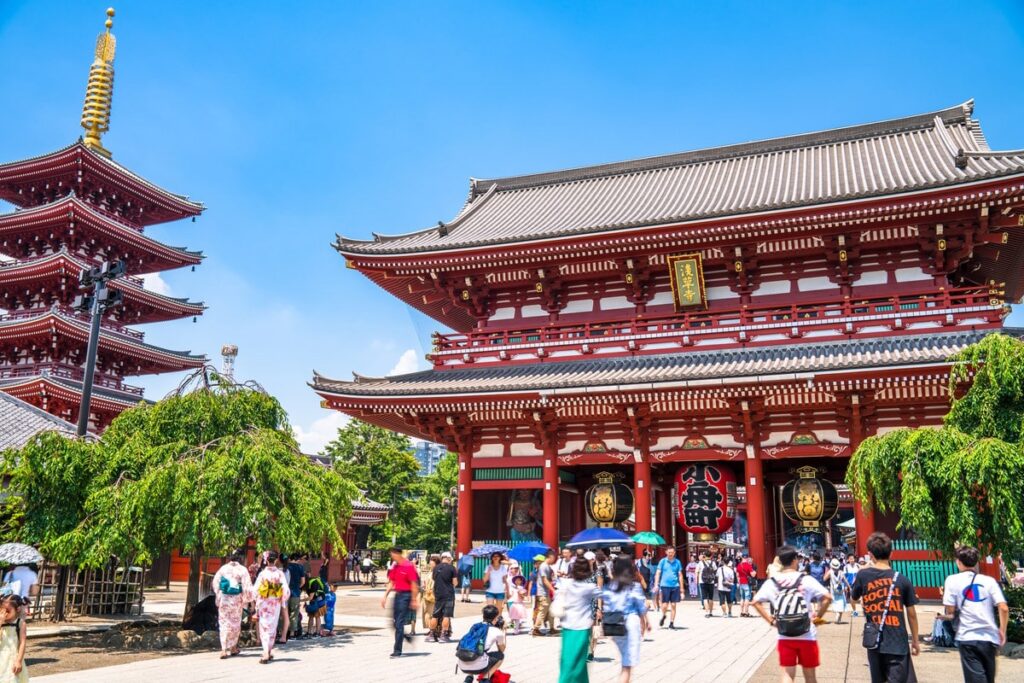[ad_1]
Domestic and inbound tourism is back to full swing in Japan. And as costs rise and revenues dwindle, Japan’s municipalities are looking to get in on the action. Here’s why lodging taxes are the new black in Japan – and what it means for your next trip.
But all isn’t well in the land of the rising sun. A combination of world events and pandemic-induced economic woes have left the country struggling with rising prices. And Japan’s dwindling population means the country has less tax revenue to fund everything from transportation to health care for its rapidly aging populace.
So it shouldn’t be any surprise that various companies and municipalities would want to find some way to draw more dollars from the tourist boom. The Japan Rail (JR) company fired the opening shot of this salvo recently when it announced it’d hike the price of its coveted JR Rail Pass by almost 70%.
Now, various cities in Japan are getting their own piece of the pie. The cut comes in the form of lodging taxes (宿泊税; shukuhakuzei) that are typically charged per-person, per-night.
One recent example is Nagasaki. The city this month began assessing a fee between 100 and 500 yen (between USD $0.74 and $3.68) per person per night. The exact amount of the tax varies based on the cost of loding, with the low end being places on rooms under 10,000 yen/night and the highest on rooms over 20,000 yen/night. In other words, the more you can afford, the more tax you’ll pay.
The tax is expected to generate well over 300 million yen in revenue this year alone, with some of the money earmarked for funding the Site of the Meiji Industrial Revolution, which is a UNESCO World Heritage Site.
Advertisements
Japan: Still a good deal?
Not everyone’s on board with the new fees. In the seaside onsen city of Atami, local merchants and onsen operators expressed concern that the price hikes would lead to fewer visitors to the city. As a result, the city postponed a proposed vote on the tax that they had originally scheduled for February.
But some cities say there’s no reason to worry. Kitakyushu also instituted its own tax in April of 2020 – a uniform fee of 200 yen per person per night. Despite concerns that tourism would drop, it actually increased. (To be fair, given the depressed state of tourism during the pandemic, it had nowhere to go but up.)
So what do these taxes mean for inbound travelers to Japan?
Honestly, not much. Japan is still a solid deal, vacation-wise, for incoming tourists. Lodging prices are reasonable and food costs remain very affordable. Tourists from the United States and other countries can also benefit from Japan’s weak yen policy, which has ensured that foreign currency goes further within the nation’s borders.
Rising costs aside, Japan remains a must-visit destination for many around the world. With the country fully re-opened, now’s a great time to plan your first – or next – trip.
Planning your own trip to Japan? Want to see a side of Japan that others don’t get to see? Contact us about being your interpretive tour guides!
What to read next
Incoming JR Pass Price Hike Brings Consternation
Sources
観光地で広がる「宿泊税」、独自財源で探る振興策…「宿泊客減るのでは」懸念も. TV Asahi News
観光地で広がる「宿泊税」 北九州市“一律200円”PRに活用 担当者「夜景の客増えた」. TV Asahi News
[ad_2]
Source link




